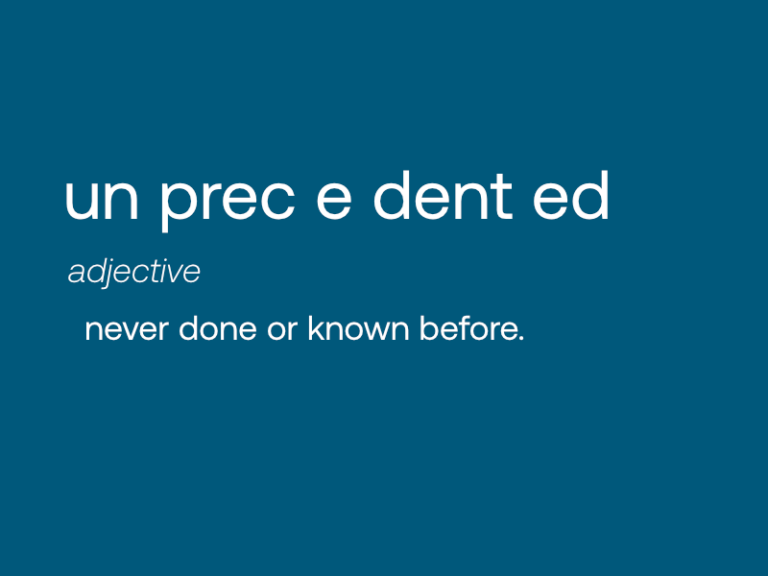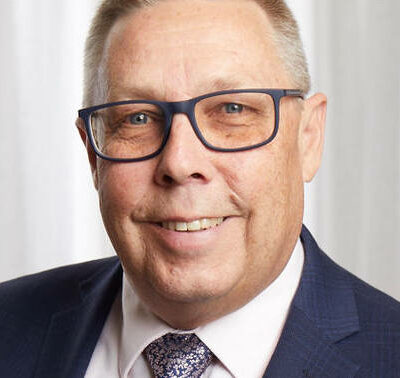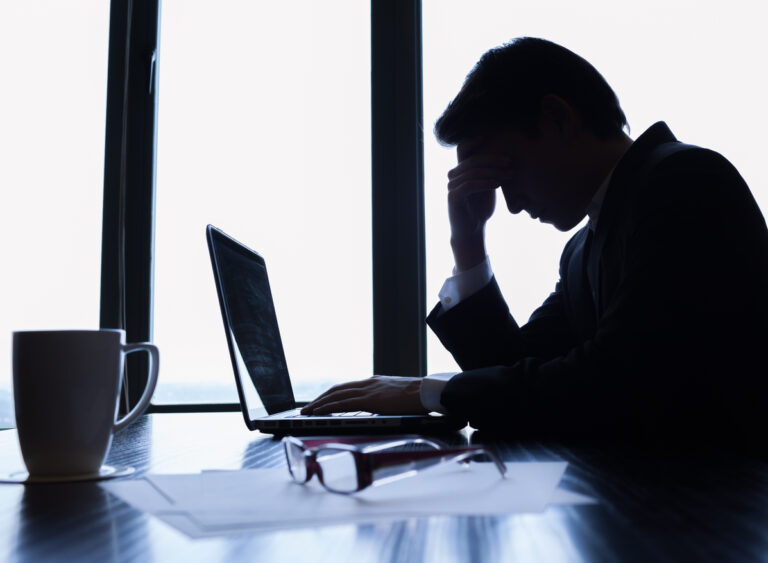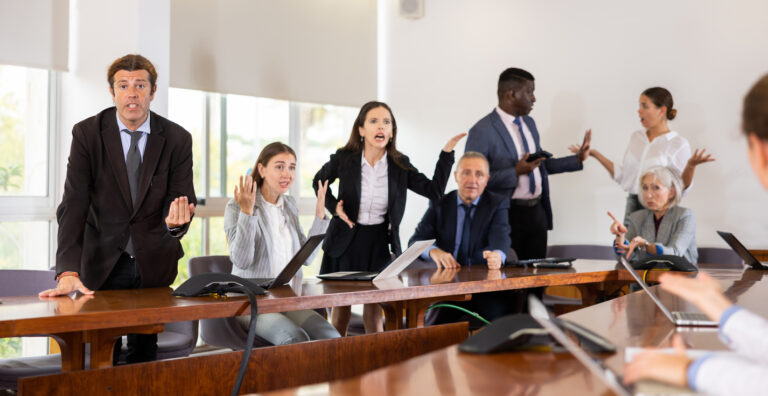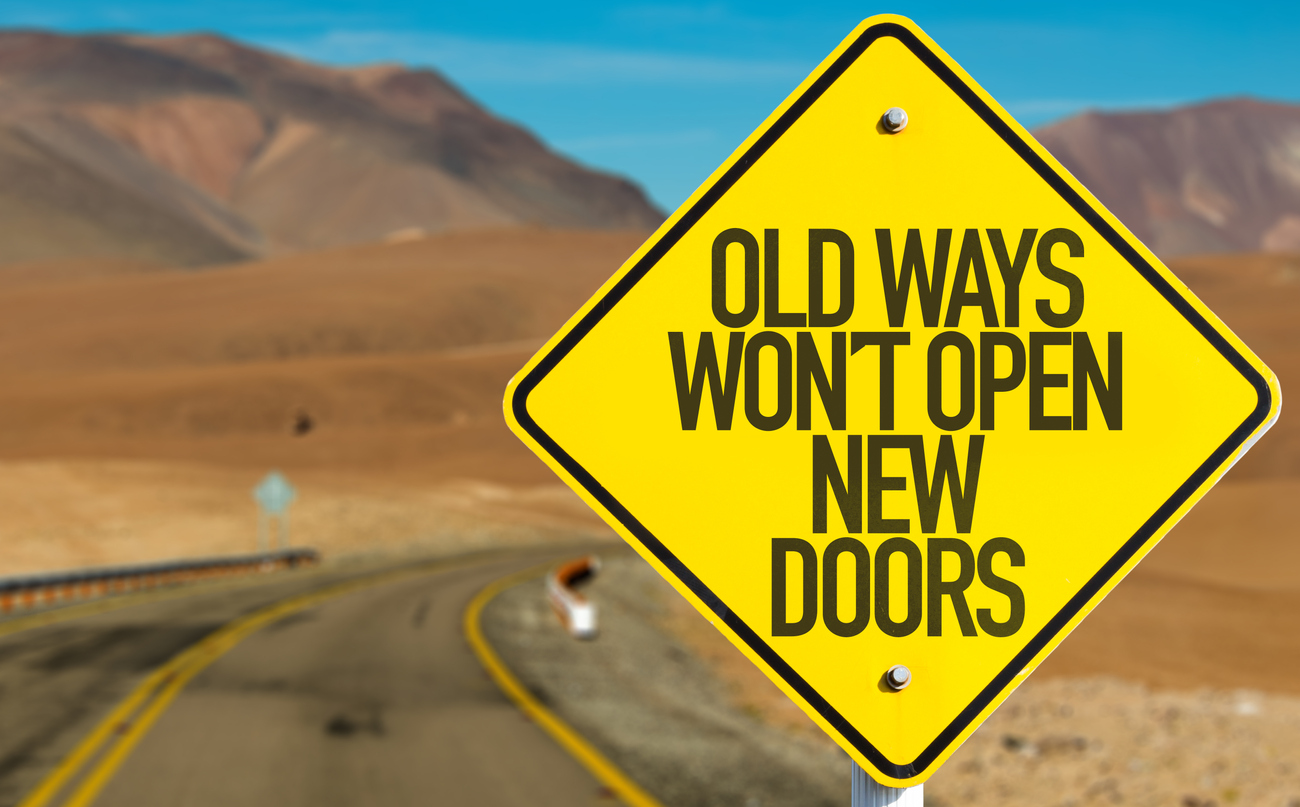 So What? The most important tool and least asked question.
So What? The most important tool and least asked question.
Research, or rather, quickly google, the question “so what?” and you will find a range of commentary around “that dreadful question,” see it described as a rhetorical question from someone who doesn’t care or maybe even as “unprofessional.” The reality is that we should ask this question more often. Asked enough, it peels back the layers of problems until we discover what we really need to be thinking about.
It is not a rude question; we do not have to dress it up as something else or apologise for it. However, ask it of those in charge, of the experts, of those telling the story, then be prepared for your motives, credibility, or integrity to be questioned as it goes to the heart of power and authority.
So What?
Well, when we do not ask the question, we focus on what we know, what we are told, what we can see, what is obvious, not what it all means.
In the disaster and emergency management world, especially during the early onset stages of an event we are drawn to conversations, press conferences, media stories, and sound grabs that describe (with as many adjectives and as much emphasis as possible) the impact of the event, be it storm, flood, fire, or pandemic. The height of a river at an arbitrary gauge, the number of roofs damaged, the number of roads damaged, hectares burnt, ………
So What?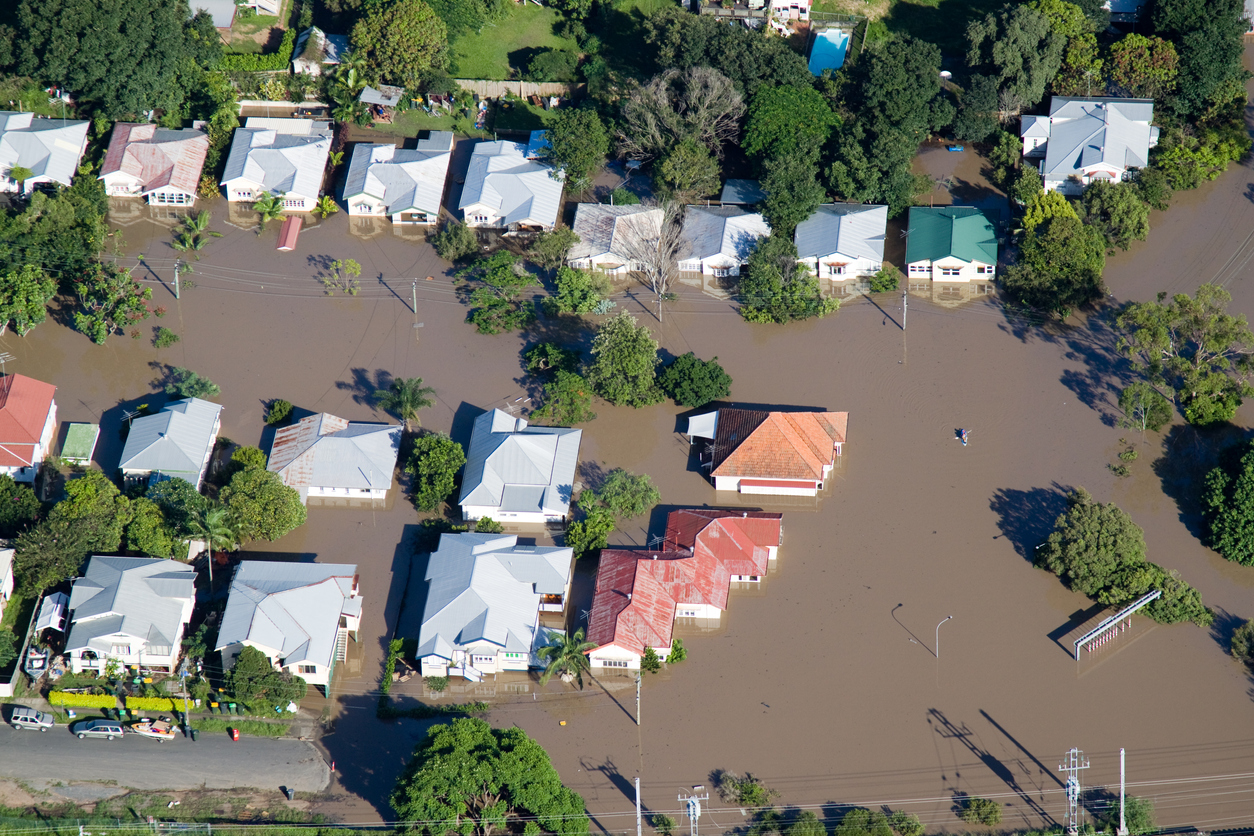
By carefully considering the ‘so what’s,’ we find ourselves able to truly consider and discover the consequences of events and not focus on knowing and reporting on impacts.
Asking ‘so what?’ leads to better decisions being made. Asking ‘so what?’ makes greater leaders and avoids getting stuck in a bureaucracy of decision making. A bureaucracy focussed on analysis of data but does not understand information and knowledge cannot make wise decisions.
We do not need to dress it up as something else or add superlatives or be extra polite, but we do need to ask, ‘so what?’ enough times until we fully understand the issue and identified how it impacts people.
So What?
Having led multiple reviews of major disaster events, utilising combinations of appreciative enquiry and root cause analysis methodology (where the most frequent question is ‘why?’) there is an overwhelming commonality.
It is not the themes that we know will appear in every enquiry: command and control, communication, training, resourcing, and interoperability but the commonality of predictability. The predictability of issues, of impacts and of consequences to be dealt with.
I talked recently about reversing the notion of prevention, preparedness, response, and recovery (PPRR) so that we consider recovery first, and the importance of planning for recovery under blue skies.
So What?
By asking ‘so what?’ in the planning and early onset stages we can predict the consequences of an event. We can plan, prioritise, and prepare to respond appropriately and confidently.
In our last blog I talked about the myths of pillars of recovery, about them actually being dimensions of a complex system called society.
 So What?
So What?
We have talked about the need to recognise that all decisions we take in any of these dimensions’ affects people in some way, so we need to ask, ‘so what?’ as many times as it takes to discover what that is.
Consider this: A heatwave is forecast.
So What?
Well, we know that rail lines may buckle disrupting train services and that rail authorities are well prepared for such events, but this is the impact.
We need to ask, ‘so what?’ to discover that there may be hundreds of people unable to commute, that some will need accommodation, that some will need particular care, that some will have mental health problems exacerbated. Asking these questions today, under blue skies we can have actions ready to deal with these consequences.
We know hospital emergency departments will have increases in presentations, ask ‘so what?’ and we can discover ways to reduce that, extended shopping hours keeping malls open as cooling stations. This may require government regulation changes quickly or industrial negotiations with unions. Again asking ‘so what?’ today lets us plan not just to reduce presentations but proactively improves the health of people.
Electricity networks will be strained, so what? Generators will be needed, plans for refuelling will be needed, extra availability may be needed. Planning with private hire firms today will reduce the need to do it emergently.
In fact, as we suggest, decisions taken in all these dimensions will impact people, society, or culture.
What about the natural environment? In persistent heat waves above 40 degrees flying foxes begin dying. Tens of thousands were reported during 2019.
 So What?
So What?
Beyond being a challenge for wildlife carers, flying foxes carry lyssavirus, and Hendra virus, so with animals sick and dying on the ground there needs to a rigorous public education campaign and volunteers need to be trained and equipped.
So, What Is Next?
Now that we are happy to challenge ourselves and the system by asking ‘so what?’, let us start challenging the language we use and the assumptions we make. Let us challenge them to make sure we are not creating excuses for future performance failures.
The climate is changing, the frequency and intensity of events is increasing, this is unprecedented.
So What?
It is not an excuse for being unprepared, for not having planned, for not knowing our community’s expectations, meeting their rights, or understanding perceptions.
Just because we have not witnessed it. Just because it has not happened in our lifetime, in this town, to this community or to this scale, does not mean that it is unprecedented.
When we next experience a Carrington event of the magnitude of 1859 will it be unprecedented, no. Will the consequences of such a solar flare event in this modern, electronically driven, and reliant world be unprecedented and have catastrophic consequences across all aspects of society, absolutely!
So, are we ready? Do we know the consequences? Are we planning to recover from such an event today, under blue skies?
If you are interested in finding out more on leading your community to be future ready, then feel free to reach out.
If you have found value in what we have shared, feel free to check out other blogs by the Unearth team and subscribe to our Newsletter.
Share your thoughts on the blog or any information we have provided, we would welcome hearing from you through hello@unearth.com.au
